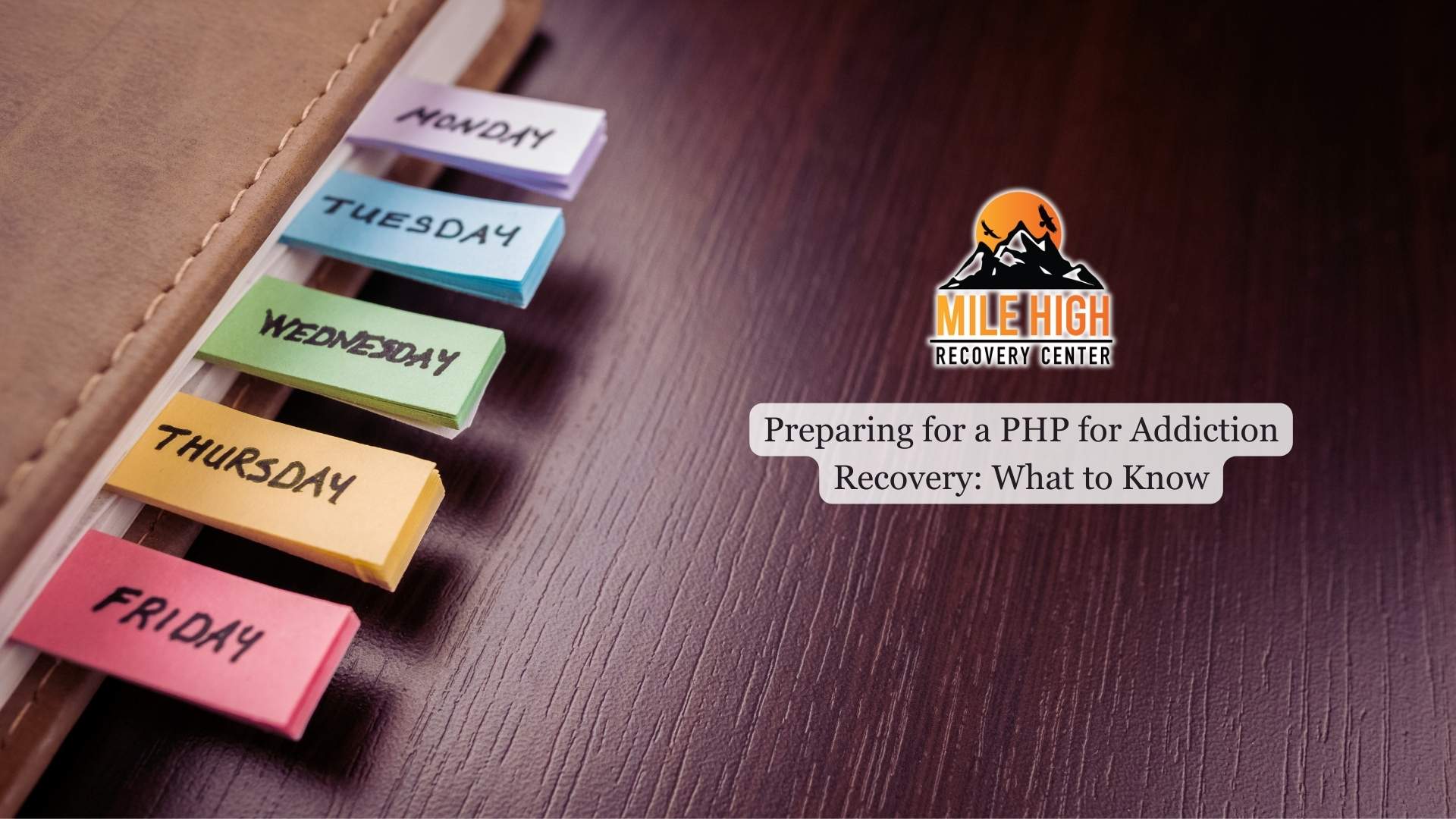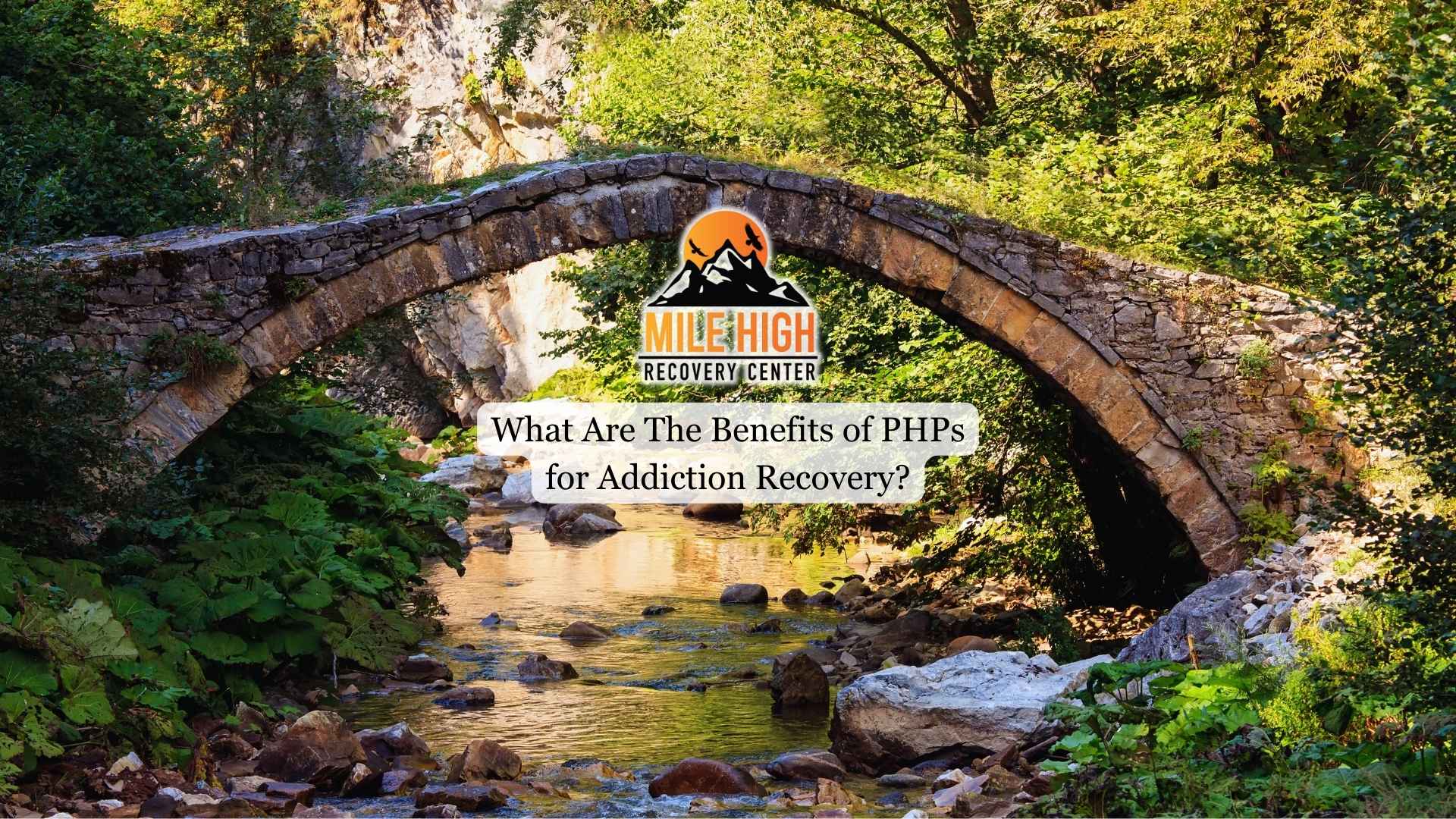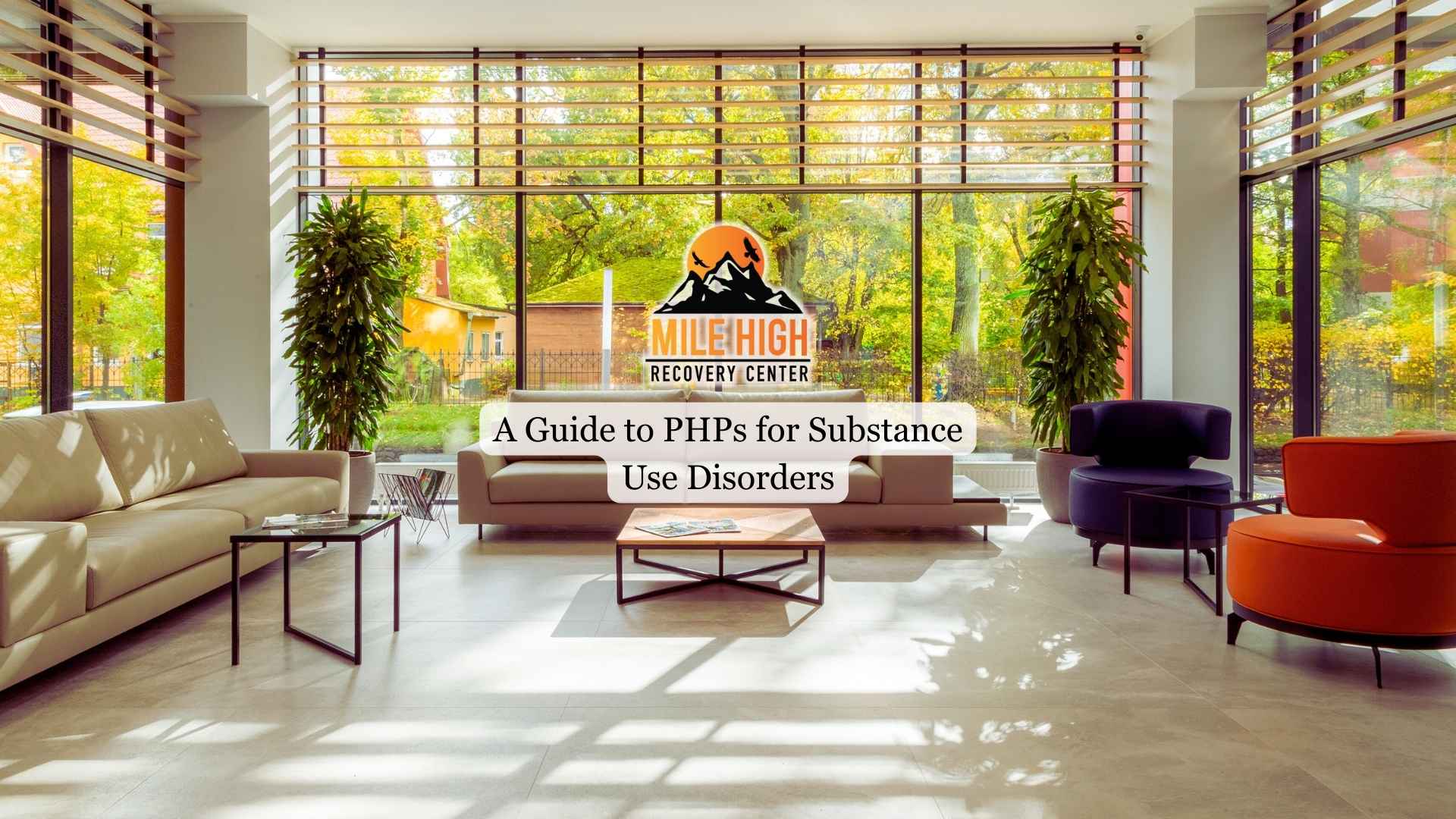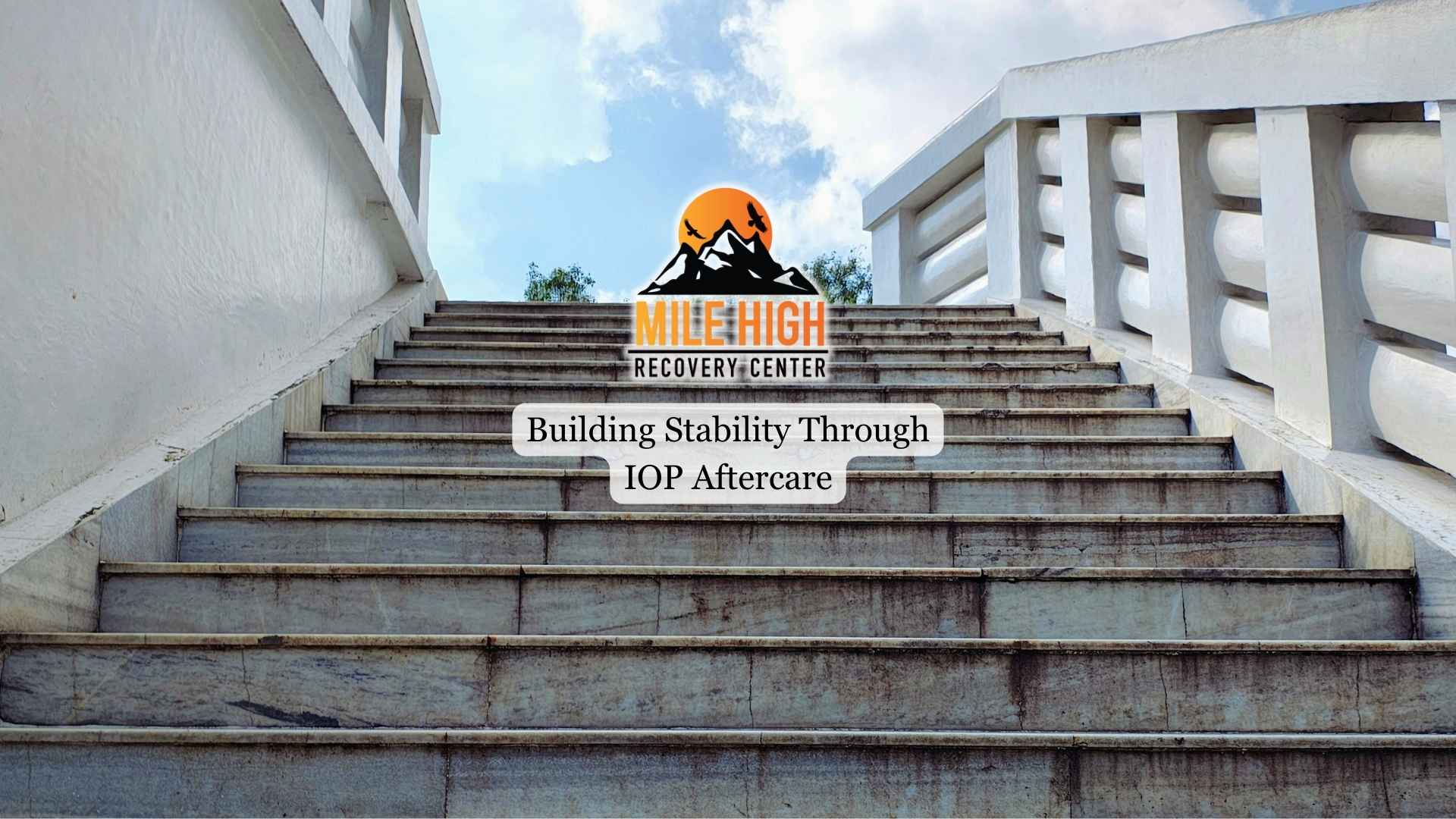What happens when the world outside becomes too loud to heal within? For many individuals facing addiction, mental health disorders, or emotional instability, inpatient psychotherapy offers a sanctuary of care. This type takes place within a residential treatment setting, allowing patients to live in a therapeutic environment where healing can unfold continuously.
In this article, we explore how inpatient psychotherapy promotes deep emotional recovery, stability, and long-term well-being, particularly within the context of addiction rehabilitation.

Understanding Inpatient Psychotherapy
Inpatient psychotherapy is a cornerstone of many addiction recovery programs. It involves 24-hour care, daily sessions, medication management, and holistic wellness activities designed to support comprehensive healing. Unlike outpatient programs, where patients attend sessions while maintaining their daily responsibilities, these programs provide a controlled and immersive environment that is ideal for intensive recovery.
This approach is best suited for individuals struggling with severe depression, trauma, anxiety disorders, or substance dependence, especially those who have not experienced success with outpatient care. Contrary to common misconceptions, facilities are not restrictive institutions. They are supportive spaces focused on rebuilding a foundation for mental and emotional stability, offering patients both professional guidance and community connection. Toward the end of treatment, patients begin to fully understand the broader benefits of inpatient psychotherapy as they prepare to transition into outpatient support and sustained healing.
Intensive, Immersive Care
Its immersive nature allows for consistent and focused treatment. Round-the-clock monitoring ensures immediate support and safety, particularly during withdrawal or emotional crises. Regular sessions foster momentum, enabling individuals to work through challenges in real-time rather than waiting for weekly appointments.
This setting also introduces routine, an essential factor in stabilizing mood and behavior. For individuals overcoming addiction, daily schedules help restore a sense of order and accountability. The predictability of mealtimes, counseling sessions, and rest periods reduces anxiety and enhances focus, paving the way for meaningful psychological progress.
Comprehensive, Multidisciplinary Approach
One of the treatment’s defining features is its integration of multiple disciplines. Psychiatrists, psychologists, nurses, social workers, and therapists collaborate to create personalized plans tailored to each patient’s needs. Within rehab, it works in tandem with detoxification and medication-assisted treatment as part of holistic wellness practices.
Combined therapies, such as Cognitive Behavioral Therapy (CBT) and Dialectical Behavior Therapy (DBT), along with complementary approaches like art therapy, mindfulness, and fitness programs, provide patients with a well-rounded foundation for recovery. This synergy ensures that healing occurs on emotional, physical, and cognitive levels, addressing not just symptoms but the root causes of addiction and mental distress.
Safe and Supportive Environment
Healing from addiction or mental illness often requires stepping away from environments that perpetuate harm. The process provides a physically and emotionally safe space where individuals are shielded from triggers, substance access, and external pressures. This separation allows patients to focus solely on their well-being without distraction.
Being surrounded by peers on similar journeys fosters a powerful sense of understanding and connection. Group therapy sessions encourage empathy and shared growth, reducing feelings of isolation that often accompany addiction and depression. The sense of community nurtured within care can become a lasting source of strength long after the program ends.
Deep Therapeutic Work
Psychotherapy in a residential setting provides the time and consistency needed for transformative mental health work. Therapists can observe patients’ behaviors and emotional responses throughout the day, gaining valuable insight into underlying patterns that may go unnoticed in outpatient care. This continuous observation enables more accurate and responsive adjustments to treatment.

For individuals in addiction recovery, this deep therapeutic engagement helps uncover emotional triggers, trauma histories, and behavioral cycles contributing to substance use. Through one-on-one sessions and group discussions, patients gain self-awareness and coping skills essential for sustained recovery. The immersive nature of the process creates a safe and constructive space for processing complex emotions.
Skill-Building and Reintegration
Beyond emotional healing, it equips patients with practical tools for life after rehabilitation. Daily activities focus on building emotional regulation, problem-solving, and relapse prevention skills. These exercises strengthen self-discipline and resilience, qualities crucial for maintaining sobriety and stability.
Group sessions emphasize communication and interpersonal growth, preparing patients to rebuild relationships and re-enter their communities with confidence. Transitional planning ensures that patients leave with a clear roadmap for continued counseling, support groups, and outpatient care, helping them maintain momentum once they step outside rehab.
Long-Term Outcomes
Research shows that individuals who complete the program experience reduced relapse rates compared to those relying solely on outpatient programs. Continuous support improves medication adherence, emotional regulation, and lifestyle habits. Many patients also report higher self-efficacy, a belief in their ability to manage symptoms and make healthy choices independently.
Family involvement is another critical factor in long-term success. These programs often incorporate family participation to rebuild trust, enhance communication, and establish a stable support network at home. These long-term benefits underscore why this treatment is one of the most effective treatment modalities for individuals seeking sustained recovery from addiction.
Final Thoughts from Mile High Recovery
Inpatient psychotherapy provides the depth and compassion necessary for meaningful mental health recovery. Each benefit, from emotional regulation to community connection, helps individuals rebuild their lives with greater strength and self-awareness.
At Mile High Recovery, our inpatient psychotherapy program in Denver combines evidence-based treatments with a supportive environment that prioritizes personal growth and resilience. Our team is dedicated to guiding each individual toward lasting healing, helping them rediscover balance and purpose beyond their treatment.







